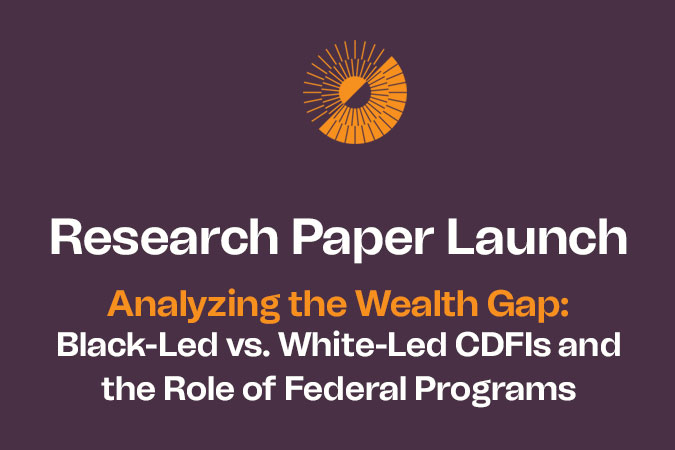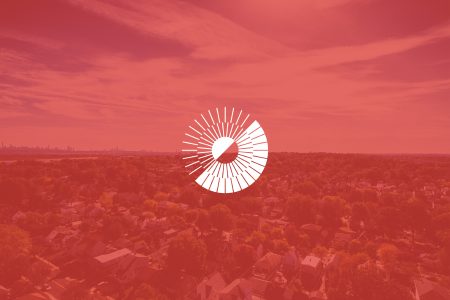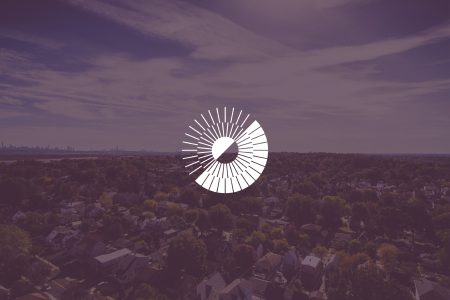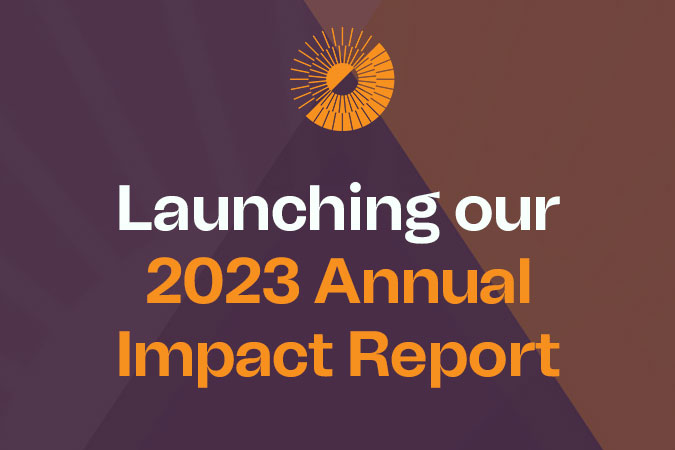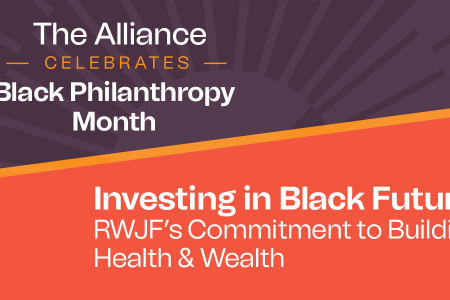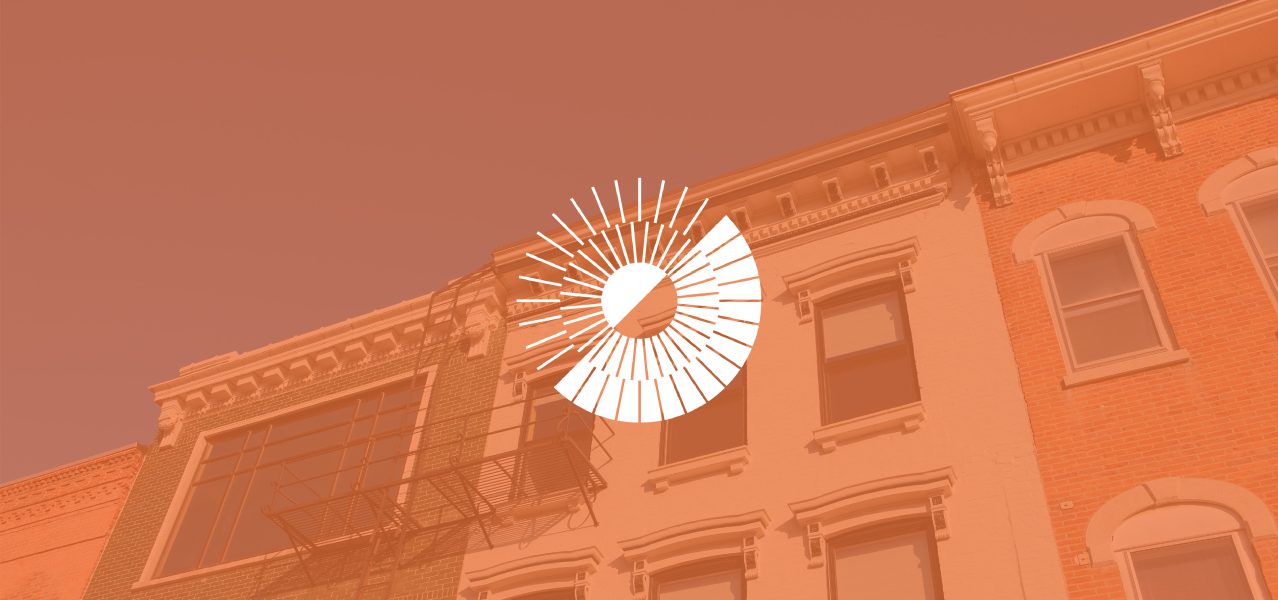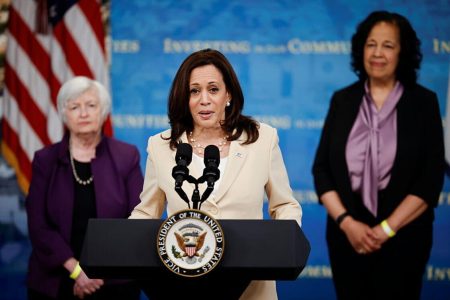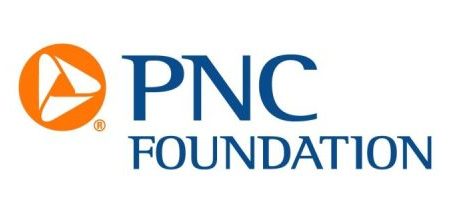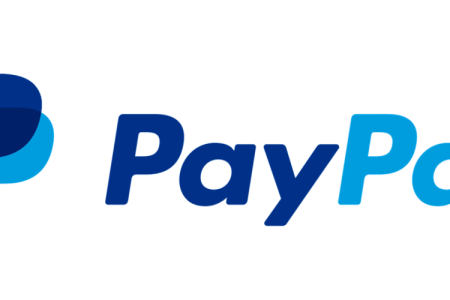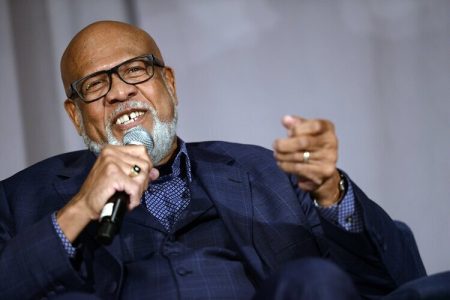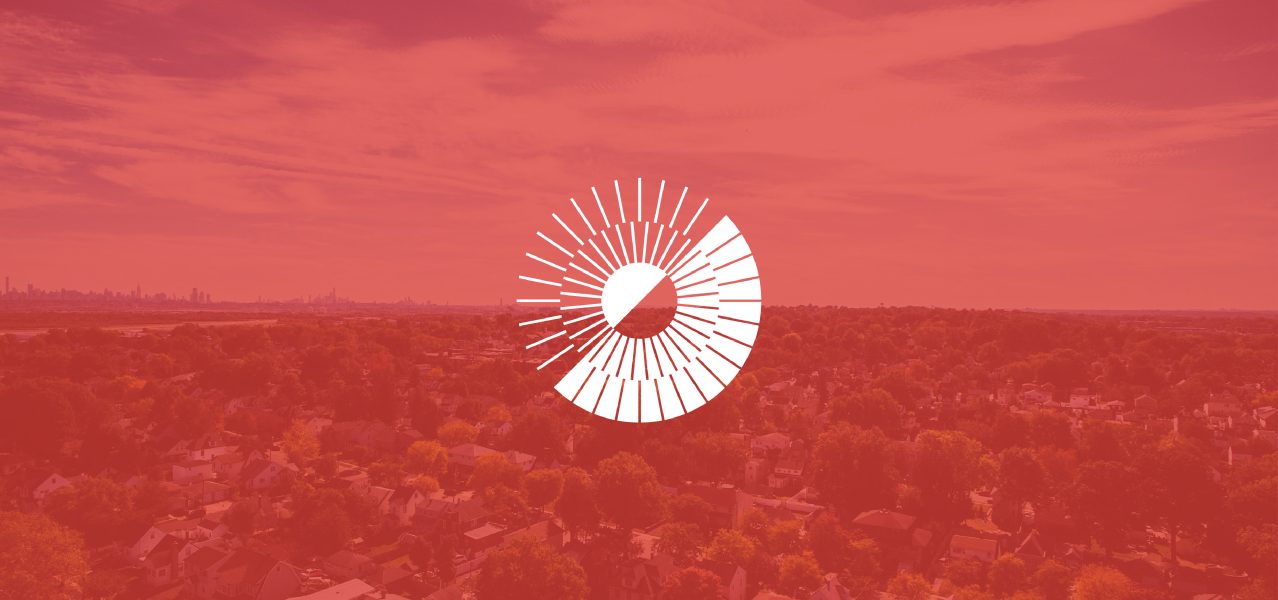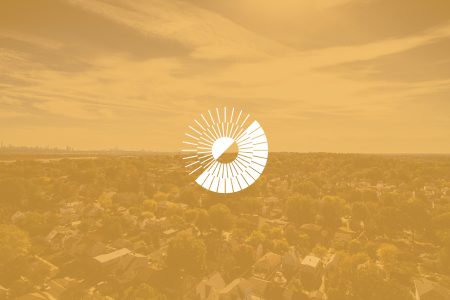New Business Development Hub Set to Transform Access to Capital for Underserved Communities in Maryland
In a powerful collaboration that has come full circle, members of the African American Alliance of CDFI CEOs (The Alliance): Watchen Bruce, President and CEO of Baltimore Community Lending (BCL), and Maurice Ames, Executive Director of Maryland Capital Enterprises (MCE), have joined forces to better serve underserved populations in Baltimore and beyond. What started as a mutual commitment to community service years ago has now grown into a formal partnership, uniting their expertise, resources, and passion for uplifting minority and low-income communities.
The origins of the partnership between Community Development Financial Institution (CDFI) leaders Bruce and Ames trace back over a decade. Both have worked tirelessly to offer financial resources and technical assistance to minority communities in Baltimore. Ames, who has been a long-time advocate of BCL’s mission, sits on the Small Business Loan Committee and plays an integral role in decision-making for small business loans. Similarly, BCL’s director of small business sits on Ames’ loan committee, reinforcing the synergy between their organizations.
“Our partnership is collaborative. We see it as serving the community for the common good, not as competition,” Bruce explained. “Maurice and his team often refer clients to us for larger loans, and we do the same when clients need services his organization can provide. It’s about working together to fill gaps in the community.”
Filling Gaps and Expanding Lending Opportunities
The collaboration between Bruce and Ames extends beyond shared loan committees. Together, they aim to address the critical issue of underserved populations’ access to capital. Traditional banks often leave these individuals and businesses behind due to strict lending requirements. BCL and MCE’s flexible lending products and technical assistance programs stand in stark contrast to traditional banking services.
“Our goal is to meet people where they are and provide access to capital and business development services,” Bruce said. “For instance, we don’t require collateral for many of our loans, which can be a major obstacle for those who have the cash flow but lack the assets to back a loan.”
Ames echoed this sentiment, emphasizing that their joint efforts allow them to provide larger loans and more comprehensive services. “We can now collaborate to structure deals that work for clients. For larger loans, BCL and MCE can each take 50% of the loan, keeping everything in-house and making the process smoother for our clients.”
A New Facility: Expanding Services and Collaboration in 2025
One of the most exciting developments in the partnership is the upcoming expansion of services through a new Business Development and Resource Center. Set to open in 2025, this state-of-the-art facility will serve as a vital hub for economic empowerment, providing essential resources and support to small businesses and community members in low-income neighborhoods. By offering training rooms, co-working spaces, and offices for nonprofit organizations and small businesses, BCL plans to deliver comprehensive services that address the specific needs of the community, thereby enhancing economic opportunities and contributing to the overall revitalization of the area.
“It’s a vision we’ve had for some time, and now, with our partnership, we can offer even more to our clients,” said Bruce.
MCE will also be moving into this new facility, creating even greater proximity between their teams and enabling seamless collaboration. This move represents a significant milestone for both organizations.
Bruce and Ames emphasized that their partnership is built on a shared commitment to community upliftment. They measure their success not only by the loans they provide but by their clients’ ability to eventually qualify for traditional banking services.
“Our clients don’t just need a loan—they need a relationship. They need someone to guide them through the process,” said Ames. “And even when they become bankable, many choose to stay with us because of the personal connection we’ve built.”
As they look toward the future, Bruce and Ames continue to expand their efforts, offering training and technical assistance to ensure clients are prepared for long-term success. The opening of the new facility will not only solidify their partnership but also allow them to scale their services to meet the growing needs of the community.
Bruce and Ames’ partnership is a shining example of how collaboration can lead to transformative change. By combining resources, expertise, and a shared vision, they are ensuring that underserved communities have the tools and support they need to thrive.
Bruce also highlighted the critical role The Alliance has played in supporting both organizations. “My membership in the Alliance has been incredibly valuable because of the many resources it offers to me and my organization. One example is the peer-to-peer networking opportunities we have as members. As a board member of The Alliance, I look forward to continuing to work closely with my partner Maurice and am encouraging others to get more involved in the activities of The Alliance.”
Maurice Ames echoed Bruce’s sentiments, adding, “My Alliance membership is valuable because of the unlimited resources available to both me and my organization. The activities offered by the Alliance are exactly what Black-led leaders need to ensure we can continue to provide the necessary tools and guidance in our Black communities.”
Their words underscore how partnerships like theirs, supported by the broader CDFI ecosystem and The Alliance, are helping to bridge critical gaps in underserved communities, ensuring lasting change and equitable access to resources.
The Alliance looks forward to continuing its support for both BCL and MCE, as they work toward the grand opening of their Business Development and Resource Center in 2025. This new hub represents the next phase of their journey, offering transformation for small businesses across Baltimore and soon, Maryland at large.
“We see this as just the beginning,” Bruce concluded. “Our new facility will allow us to serve even more people and expand our impact statewide. We’re excited about what the future holds.”


